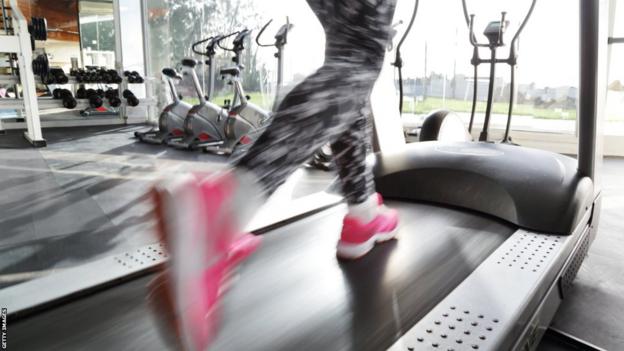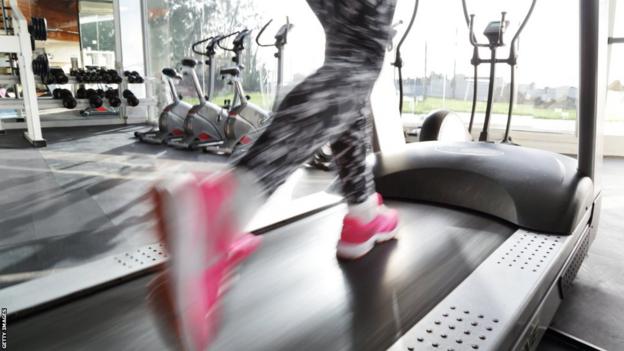‘Little progress’ in tackling barriers to participation in sport – MPs
There has been “little progress” in recent efforts at tackling barriers to participation in sport and physical activity in England, say…


There has been “little progress” in recent efforts at tackling barriers to participation in sport and physical activity in England, says an influential group of MPs.
In a report, the House of Commons Public Accounts Committee (PAC) said it was “not convinced” the government’s approach is effective.
It claims the Department for Digital, Culture, Media and Sport (DCMS) “lacks compelling vision for integrating physical activity into everyday life”.
The PAC scrutinises the value for money of government contracts and spending.
The cross-party group of MPs says that a refocusing of strategy by funding agency Sport England in 2015 on local-based efforts to target the least active “shows some signs of working”.
But it adds “disappointingly” it has “not yet resulted in meaningful change in national rates”.
The MPs said: “Despite Sport England spending an average of £323m of taxpayers’ money each year since 2015, the percentage of active adults increased by only 1.2% between November 2016 and November 2019.
“Nearly two in five adults in England still do not meet the chief medical officer’s guidelines for recommended activity.”
The committee report also says:
- Hopes for a boost to grassroots sport from London 2012 “failed to materialise”, with the proportion of adults participating at least once a week falling in the first three years following the event
- Sport England’s spending data “is not sufficiently granular to assess how well it targets spending at the least active”
- The DCMS has applied “some, but not all” of its learning from the 2012 London Olympics to the hosting of the 2022 Commonwealth Games, with no mechanisms in place to monitor the long-term participation legacy from the Birmingham event
- Sport England “recognises the fragile financial position of some leisure providers, but lacks understanding of the support the sector may need. Leisure facilities also face longer-standing challenges” and the DCMS “should urgently review the condition of leisure facilities”
Dame Meg Hillier MP, chair of the committee, said: “After the short-term financial boost there’s been precious little to show by way of legacy, even in my immediate area of East London where the 2012 Games were held.
“Resets since 2015 have not begun to bring the levelling-up benefits intended.
“More waste, more loss of desperately needed public money. As the cost-of-living crisis bites hard, DCMS must set out what it will do differently to achieve change where it has not succeeded.”
In a statement, a government spokesperson said it had “made the nation’s health and fitness a priority, and people’s activity levels were at all-time highs before the pandemic”.
They added: “Through the pandemic we provided £1bn to support leisure sectors such as public pools and leisure centres, as well as grassroots and professional sports, and we continue to drive up participation, particularly for under-represented groups.
“Activity levels for young people have now returned to pre-pandemic levels and we continue to work with Sport England to invest in sport for all, having recently announced £320m for schools and more than £260m to build or upgrade thousands of grassroots facilities.
“We will shortly be publishing a new sport strategy setting out our ambition to continue to increase activity rates.”
A Sport England spokesperson said: “Activity levels were at record highs across England before the pandemic – participation in sport and activity continues to recover.
“Sport England invests public money responsibly and transparently, recording and publishing data on all grant recipients – including location data right down to postcode level.
“This is all clearly available online, with information on where every pound that we spend goes.”
Hitesh Patel, of the Sport for Development Coalition, said: “The inquiry calls for a more compelling vision for grassroots participation in sport, and nowhere is this more evident than across [our] growing UK-wide network of charities and organisation, using sport to address key societal issues.”




